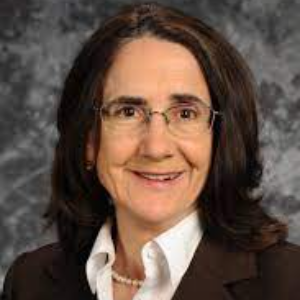Title : Plastic Trash to Monomers and Intermediates – PTMI
Abstract:
To address the issue of waste plastics in landfills, a hybrid approach is proposed. This would use low temperature plasma pretreatment followed by catalytic cracking to augment the conversion of waste polyolefins into monomers, intermediates, new polymers and value-added chemicals. Lightweight packaging (LWP) comprises about 50% of total plastics consumption and consists mainly of single and multilayer films and containers. LWP is heterogenous, contaminated and is difficult to recycle. Mechanical recycling is currently the only commercial approach to recycling but is inadequate to address the growing volume of packaging plastics and degrades or downcycles both polyethylene (PE) and polypropylene (PP). In contrast, feedstock recycling converts polymers to monomer feedstock that can be used to make new products that have virgin-like performance in high volume single use packaging applications, thereby creating new value chains for what is currently a waste stream. Current high TRL feedstock recycling technologies like pyrolysis and gasification are highly energy intensive, require multiple steps (plastics-syngas-methanol-olefins) and have low selectivity to polyolefin building blocks (ethylene, propylene). Alternatively, plastics upcycling aims at selectively deconstructing polymer in a one-step process directly into monomers and high value chemicals (HVC). Consequently, it is proposed to use a hybrid approach of preconditioning with a low temperature plasma followed by catalytic cracking for conversion of waste polyolefins into monomers, intermediates, new polymers and value-added chemicals. This offers improvement in carbon utilization, cumulative energy demand and selectivity to recycled high value products over current benchmark feedstock recycling processes like gasification and pyrolysis. It is suggested to use LTP treatment as a tunable polyolefin functionalization step to increase selectivity of subsequent catalytic deconstruction and reconstruction. The target waste stream is post-industrial and post-consumer packaging waste, mainly LDPE, LLDPE, and PP films. The primary target products from this novel process are C2-C4 olefins (ethylene, propylene, butylene) which are the raw materials for bulk of the volume of single use plastic production (PE and PP). Aromatic and other HVC precursors like benzene, toluene, xylene (BTX), ethyl benzene and polyols are also expected as by-products from the process. All the products and by-products (C2- C4 olefins, BTX, polyols, HVC) can be upcycled to resins, bulk (polyethylene, polypropylene) and specialty polymers (polyurethanes, epoxy, polyester, Nylon- 6) at different market entry points.


